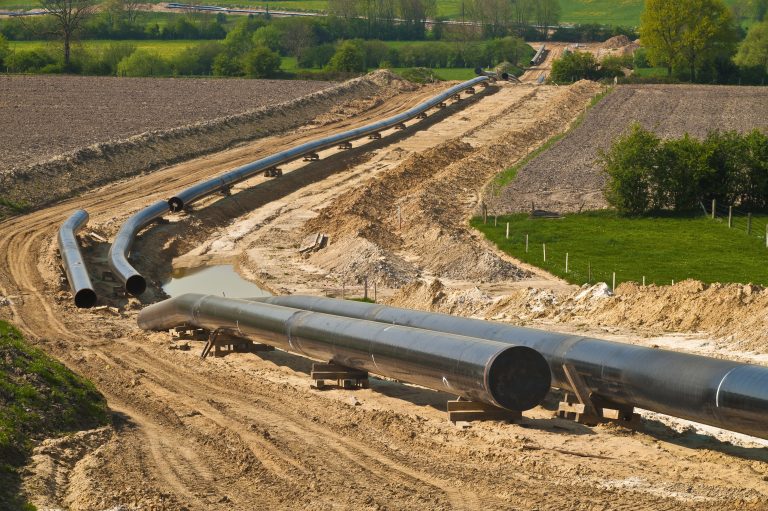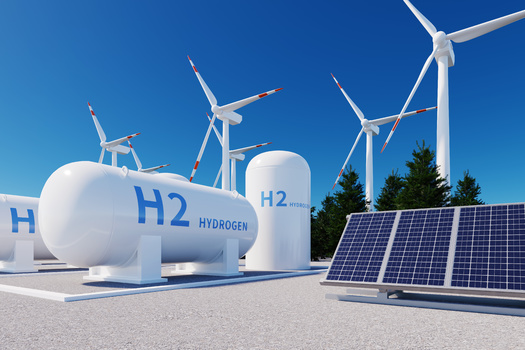Texas Grid Emergency Highlights Need for All-of-the-Above Approach
This week, the Department of Energy declared a power emergency for the Texas power grid due to extreme heat that significantly drove up electricity demand. The DOE’s declaration of an emergency allowed the Electric Reliability Council of Texas (ERCOT) to operate outside of certain pollution standards to generate the necessary amount of power needed to stave off a potential crisis. ERCOT later confirmed that the grid was facing a potential congestion overload from a transmission line coming from South Texas to Dallas. Former ERCOT interim CEO Brad Jones said, “All the wind that was on in the south was struggling to get to Dallas to help meet demand. So right in the middle of this, ERCOT had to reduce generation in the south to prevent that line from being overloaded.”
ERCOT declared an Energy Emergency Alert 2 (EEA2) Wednesday night, bringing all available generation online. The extreme weather set a new ERCOT September peak demand record of 82,705 MW, with the former record demand being 72,370 MW last year. The EEA2 was lifted an hour after the alert went on.
While it is a positive that the grid avoided blackouts on Wednesday, the emergency highlights a larger trend affecting grids across the country. Extreme heat, soaring demand, and low energy output from wind and solar were all major contributors to the energy emergency. Without fossil fuels, particularly cheap, efficient natural gas, the potential energy emergency could not have been avoided. Although wind and solar power can offer significant power sources, these technologies need baseload forms of power, as evidenced by the grid’s energy generation mix, sixty nine percent of which was from natural gas.
Energy emergencies like the one this week can be avoided by an all-of-the-above approach to energy—but it requires pragmatic solutions, not wishful thinking. The importance of natural gas in Texas cannot be overstated. Building out more transmission lines for renewable energy generation will be paramount, as well as continuing to invest in natural gas infrastructure so that the grid has the necessary baseload power to avoid unfortunate situations such as the one this week.


